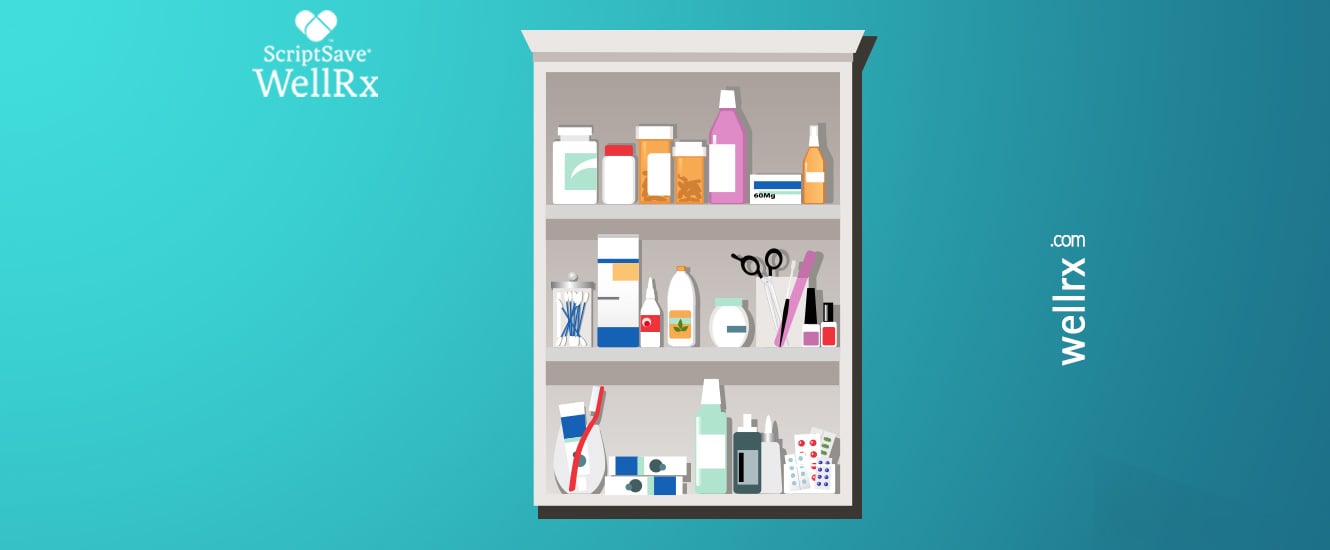Narcolepsy means the brain struggles to stay awake and go to sleep at normal times. People with narcolepsy may fall asleep without warning throughout the day, regardless of what they are doing at the time. This can be extremely disruptive to daily life, or even dangerous if the person were to be driving while falling asleep.
What is narcolepsy?
People with narcolepsy generally have a difficult time staying asleep, and instead they get small spurts of sleep spread throughout a 24-hour period instead of concentrated in an 8-hour period at night like most people. Symptoms of narcolepsy generally begin in young people, ages 7 to 25, but can start at any time in life. Symptoms include excessive daytime sleepiness, sleep paralysis (the inability to move while falling asleep or waking up), and hallucinations (typically at the same time as sleep paralysis).
Types of narcolepsy
- Narcolepsy with Cataplexy – This includes all the typical symptoms of narcolepsy, but with episodes of cataplexy. Cataplexy episodes occur when the person’s muscles suddenly stop working. For some people this means they collapse and can’t keep their head up, while for others their eyelids droop a little bit. These episodes are triggered by sudden intense emotion like laughter or excitement. Cataplexy episodes can range from a couple minor episodes a year to multiple major episodes a day.
- Narcolepsy without Cataplexy – All the typical symptoms of narcolepsy minus the cataplexy.
What causes narcolepsy?
The cause of narcolepsy is not entirely understood. The brain normally uses a hormone called hypocretin to decide whether to be awake or asleep. The brain region called the hypothalamus produces hypocretin. Almost all people who have narcolepsy with cataplexy have extremely low levels of hypocretin, but most who have narcolepsy without cataplexy have normal levels of hypocretin.
The brain could lose hypocretin for a variety of reasons. Sometimes the person’s immune system attacks its own cells in the hypothalamus (autoimmune disorder) which could decrease levels of hypocretin. Family history or physical destruction of brain cells due to injury could also be responsible for narcolepsy. If the doctor suspects narcolepsy, patients will be asked to record their sleep habits in a sleep journal, and then they may have to participate in a sleep study where the doctor will look at their brain waves to see if something else is causing their odd sleep patterns. If nothing in particular is found, narcolepsy can be diagnosed.
Treatment options for narcolepsy
The goal of treatment is to maintain wakefulness during daytime hours and allow for restful sleep at night (i.e. achieve a normal sleep/wake cycle). This is generally accomplished with drugs. The most widely used drugs are modafinil (Provigil) and various amphetamines (think Ritalin or Adderall).
Modafinil is the preferred first line option because it is generally very well tolerated and has low abuse potential. There are 2 other medications (solriamfetol (Sunosi) and pitolisant (Wakix)) that have been recently FDA approved to treat narcolepsy but are not yet commonly used. Patients who suffer from episodes of severe cataplexy may be treated with sodium oxybate (Xyrem) – a solution that must be taken twice every night to maintain sleep and hopefully prevent daytime sleepiness and cataplexy.
Living with narcolepsy
Most patients with narcolepsy need to be on medication to live a normal lifestyle, but once stable, symptoms are manageable. Many patients benefit from participating in support groups to share their experiences with others, or spending one-on-one time with a therapist can be helpful, too.
Consistent sleeping habits are key for keeping narcolepsy at bay. Going to bed at the same time each evening, cleaning sheets regularly, avoiding large meals before bed, and keeping the room cool and dark can improve sleep at night and hopefully prevent sleepiness during the day.
Resources:
Narcolepsy. Sleepfoundation.org. https://www.sleepfoundation.org/narcolepsy. Accessed October 6, 2020.
Narcolepsy Fact Sheet. National Institute of Neurological Disorders and Stroke. https://www.ninds.nih.gov/disorders/patient-caregiver-education/fact-sheets/narcolepsy-fact-sheet. Updated September 30, 2020. Accessed October 6, 2020.
Treatment of narcolepsy in adults. UpToDate. Wolters Kluwer. Hudson, OH. Available at: uptodate.com. Accessed October 6, 2020.













 Store & manage your medication list
Store & manage your medication list Medication pricing updates
Medication pricing updates Pill & refill reminders
Pill & refill reminders Medication journal & mood log
Medication journal & mood log